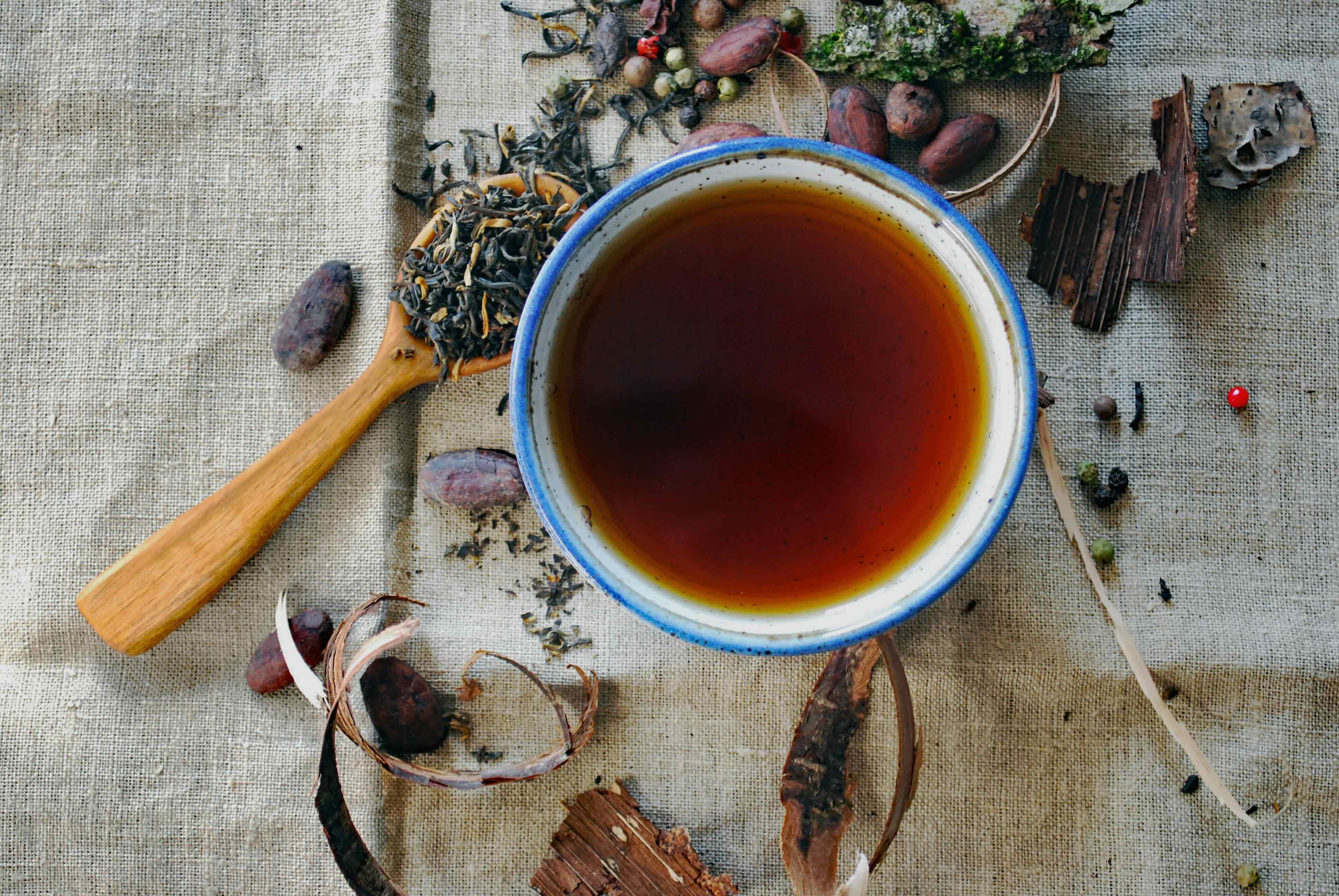In Appreciation of Sickness
⏲ 4-minute read | last updated 1 year, 1 month ago

When you’re sick there are functionally two dispositions to have: fight it or lean into it. I support the idea that you should lean into it, and enjoy the uncomfortable comfort of the forced break from daily routines.
While sickness is not (often) a near-death experience (which many report as having a life-changing impact on habits and choices), it offers a sort of test-run. If a near-death experience is like hiking Everest, routine sickness is the equivalent of the much more approachable weekend training hike. Difficult in the moment, may make feel like death, but you’ll probably fine next week.
In this way, sickness offers us some rare opportunities.
Opportunities to Reflect
There’s something poetically beautiful about how sickness, like death, is universal. It (in some cases, quite forcefully) pushes the pause button on whatever you’re doing, without consideration of the timing. This represents an opportunity for reflection, because what else are you going to do with this gift of time?
Use the time to take a broad look at your circumstances and experiment with a different lens. Reflect on the superb complexity of the human body. Marvel at the years it has kept you healthy (I think it's funny to think about this as a human uptime metric, where honestly the body does better than most SaaS companies).
Or, reflect on the margin for error (or lack thereof) that exists in your life. Sickness can catch us flat-footed. We expect each day to be like the day before, granting us familiar and stable abilities, capacities, and energy levels. Perpetuating this further, we implicitly design our lives around such expectations, leaving very little room for error.
This could be a literal margin (e.g. bills, deadlines, etc.) or a less concrete but equally important social margin (e.g. social capital at work, goodwill with neighbors, friends who will extend themselves for you, time already set aside for yourself, etc.).
"Our margins are under constant attack. The surviving of the day-to-day can erode even the small margin you may have around your attention, which is why it's critical that we put even the slimmest margins we have to use opening up margins down the line." - How to Do Nothing by Jenny Odell
What’s your margin made of?
Opportunities to Improve
There’s a kind of “momentum” that is developed when you’re sick that you can use to your advantage because your normal routine has already been broken up. For most, breaking the routine of our bad habits is the most difficult part of starting a new one. Sickness is a blessing in this way because the hard work of breaking the habit is done for us!
We can use this momentum as a gravity assist to expend less energy in reaching our destination - but that requires a pre-planned destination.
At a minimum, the mindfulness and present-moment thinking sickness forces upon us can (with a bit of intentionality) spill over into your daily routine and be made a permanent feature.
How will you use this momentum?
Appreciation of Our Shared Humanity
Only a few life circumstances elicit an invariably deferential response from others; primarily, they're death, sickness, and “family comes first” topics. These events are treated differently because they're universal, so empathy comes easily. We all have families; we've all been sick; we all have experienced the deaths of loved ones (or will).
Sickness is a moment to find comfort in such shared humanity and in the kindness of those close to you (and in the absence of such kindness, perhaps some introspection).
What else connects us at such a primal level?
Lessons In Accepting Help
Despite the discomfort that asking for help from others brings, vulnerability is often required during sickness.
For the hard-headed independent types out there (myself included), this is a tough pill to swallow - and a good lesson. It’s an opportunity for a low-stakes demonstration of how help most often goes well. Plus whoever helps will probably like you more after they do anyway.
When was the last time you seriously asked for help?
Creativity
Sickness constrains us. Sometimes physically, sometimes mentally - and most often a bit of both. And constraint breeds creativity. Maybe it’s why one of the greatest thinkers of our time, suffering from a slow-progressing motor neuron disease culminating in his complete paralysis, is responsible for one of the most impressive breakthroughs in theoretical physics.
In an instant gratification world, sickness is a rare constraint requiring time and patience. It can feel like a strange loss of control.
What will you do with such constraints?
Happiness
No matter what happens, you can take comfort in the fact that you’ll probably return to the same (or similar) level of happiness (there is some updated research on this - but the core tenets remain true).
So when it comes to sickness, given that we know the ending of the story and the journey has so much to offer, why not take advantage?
--